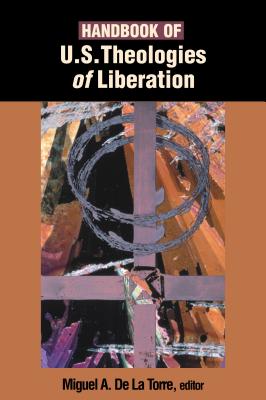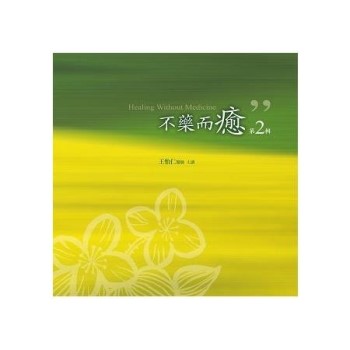A typical "Introduction to Theology" often emphasizes the viewpoints of Western, Eurocentric male theologians, sidelining the perspectives of other cultural and ethnic groups. These diverse voices are frequently relegated to footnotes or elective courses, allowing students from the dominant culture to graduate without exposure to alternative theological viewpoints. This imbalance reflects a notion of objectivity that favors Eurocentric perspectives, perpetuating the myth that these are more objective and legitimate. In reality, all theological perspectives are shaped by specific social, cultural, and historical contexts. Therefore, they are inherently contextual and subject to the experiences of their creators.
Handbook of U.S. Theologies of Liberation addresses this imbalance by presenting Christian concepts from the vantage point of marginalized communities in the United States. It surveys various forms of liberation theology rooted in African American, Amerindian, Asian American, feminist, gay/lesbian, and Hispanic experiences.
It’s important to note that no single unified theological perspective emerges from these marginalized spaces; instead, there are numerous variations within and among these groups.
The Contributors:
God: JoAnne Marie Terrell
Christ: Carter Heyward
The Holy Spirit: Elizabeth Conde-Frazier
Trinity: Luis G. Pedraja
Church: Stacey M. Floyd-Thomas
Anthropology: Andrea Smith
Scripture: Miguel A. De La Torre
Ethics: Darryl M. Trimiew
Sin: Andrew Sung Park
Spirituality: Karen Baker-Fletcher
Eschatology: Luis N. Rivera-Pagan
PART 2: CONTEXTUAL ESSAYS
Latin American Liberation Theology: Phillip Berryman
African Americans: Will Coleman
Hispanics: Edwin David Aponte
Asian Americans: Seung Ai Yang
Black Theology: Dwight N. Hopkins
Latino/a Theology: Justo L. González
Asian American Theology: Fumitaka Matsuoka
American Indian Traditions: Tink Tinker
Feminist Theology: Karen K. Seat
Lesbian and Gay Theologies: Daniel T. Spencer
Theology of the Poor: Deborah W. Little
Environmental Racism: Steven Bouma-Prediger
Postcolonialism & Liberation: Musa W. Dube












